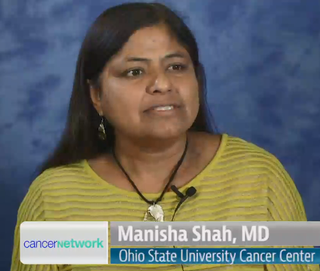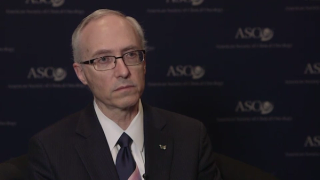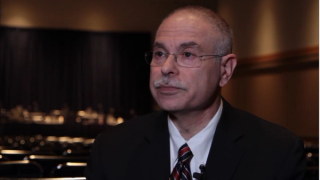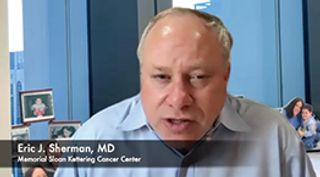
Thyroid Cancer
Latest News
Latest Videos
CME Content
More News
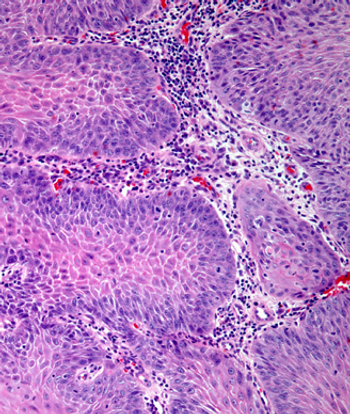
The role of multimodal approaches such as FDG-PET imaging may require further investigation in patients with human papillomavirus–positive oropharyngeal cancer, according to Samuel Regan, MD.

Results from a phase 1/2 trial show clinical activity of APG-115 in patients with p53 wild-type salivary gland cancer.
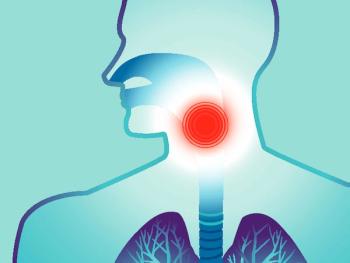
Results from cohort A of a pilot study of patients with HPV–associated oropharyngeal carcinoma did not meet its primary end point.

The use of a single-port robot may allow for surgically treating more patients with head and neck cancer in a more timely manner, according to Hilary McCrary, MD, MPH.

ABCA12, CLIP1, and ATP13A3 somatic mutations appear to correlate with a vascular invasion phenotype in patients with poorly differentiated thyroid cancer.
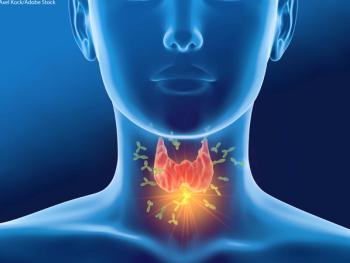
Patients with benign thyroid tumors resected with a transoral endoscopic thyroidectomy vestibular approach have less complications vs those treated with a standard surgical approach.
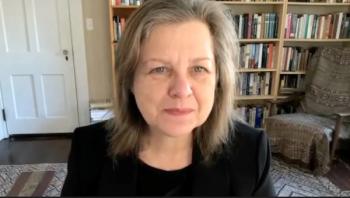
Treatment with toripalimab does not yield the same vascular toxicity seen with pembrolizumab in patients with advanced or metastatic nasopharyngeal carcinoma, according to Barbara Burtness, MD.

The FDA grants clearance to an oral immobilization stent designed to redirect radiation to the target tumor area for patients with head and neck cancer.

Overall survival also appears to improve with toripalimab compared with chemotherapy among patients with metastatic or advanced nasopharyngeal carcinoma.
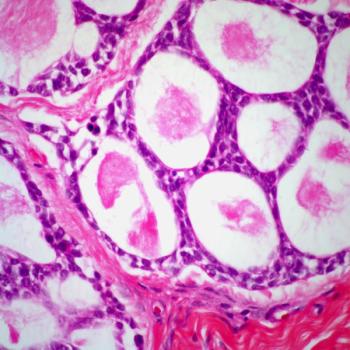
Certain patients with salivary gland carcinoma and close surgical margins may safely be considered for observation, according to findings from a retrospective cohort study.
![[18F]TFB PET/CT May Predict [18F]TFB/FDG Positivity in Differentiated Thyroid Cancer | Image Credit: © Kateryna Kon - shutterstock.com](https://cdn.sanity.io/images/0vv8moc6/cancernetwork/b4ee57eff4c36f6c8244904cf57aa642e4da812c-1000x667.jpg?w=350&fit=crop&auto=format)
The predictive value of [18F]TFB PET/CT may be useful in identifying patients with differentiated thyroid cancer who may be eligible for treatment with [131I]iodine therapy.
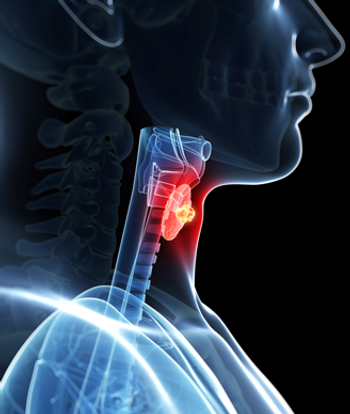
Study shows a high prevalence of thyroid cancer in transgender female patients.

Selpercatinib significantly improved efficacy in patients with advanced, multikinase inhibitor–naïve, RET-mutant medullary thyroid cancer.
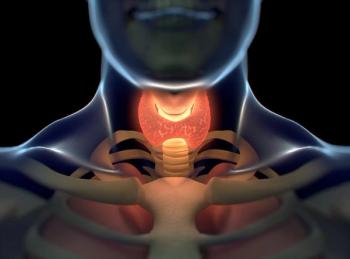
Positive data from a prespecified interim efficacy analysis of the phase 3 LIBRETTO-531 trial support selpercatinib as a potential treatment in advanced, RET-mutant medullary thyroid cancer.
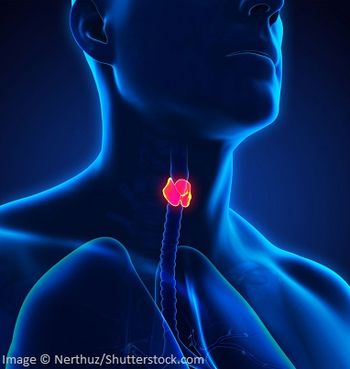
Although single-agent cediranib improved outcomes in differentiated thyroid cancer, the addition of lenalidomide does result in a clinically meaningful improvement.

Pembrolizumab also appears to garner modest anti-tumor activity regardless of PD-L1 expression in patients with advanced thyroid cancer.

The Oncomine Dx Target Test was granted approval by the FDA as a companion diagnostic for RET fusion–positive thyroid cancer and RET fusion–positive non–small cell lung cancer.
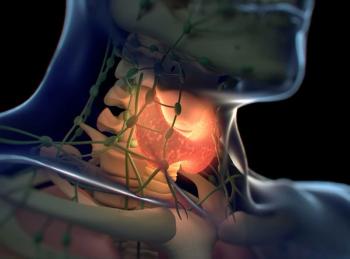
Final data from the phase 2 ATLEP trial showed high response rates with a combination of lenvatinib and pembrolizumab in patients with anaplastic and poorly differentiated thyroid cancer.

Eric J. Sherman, MD, discussed the effects of using the MEK inhibitor trametinib in combination with paclitaxel in metastatic anaplastic thyroid cancer.
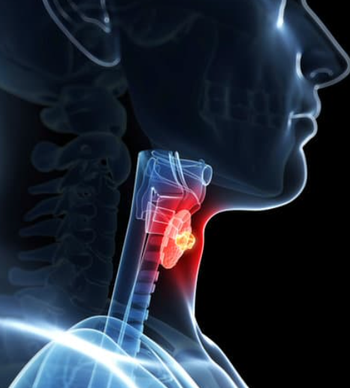
A system review and meta-analysis found that the use of radiofrequency ablation for low-risk metastatic papillary microcarcinomas of the thyroid was safe and effective.

Lori Wirth, MD, provides an overview of differentiated thyroid cancer including treatment options that are currently available, as well as sharing insights on emerging therapies.
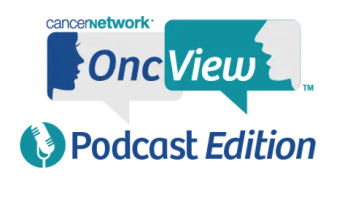
In an OncView™ program, Lori Wirth, MD, shared her insights into the current treatment of patients with differentiated thyroid cancer.
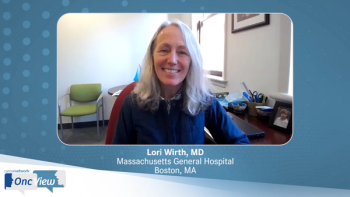
Lori Wirth, MD, discusses the unmet needs and ongoing trials in development for patients with RR-DTC.

Lori Wirth, MD, discusses the role of cabozantinib in the second-line setting for patients with radioiodine-refractory differentiated thyroid cancer and reviews the results from the COSMIC-311 trial.

Lori Wirth, MD, defines radioiodine-refractory differentiated thyroid cancer and discusses frontline treatment options for patients with the disease.







